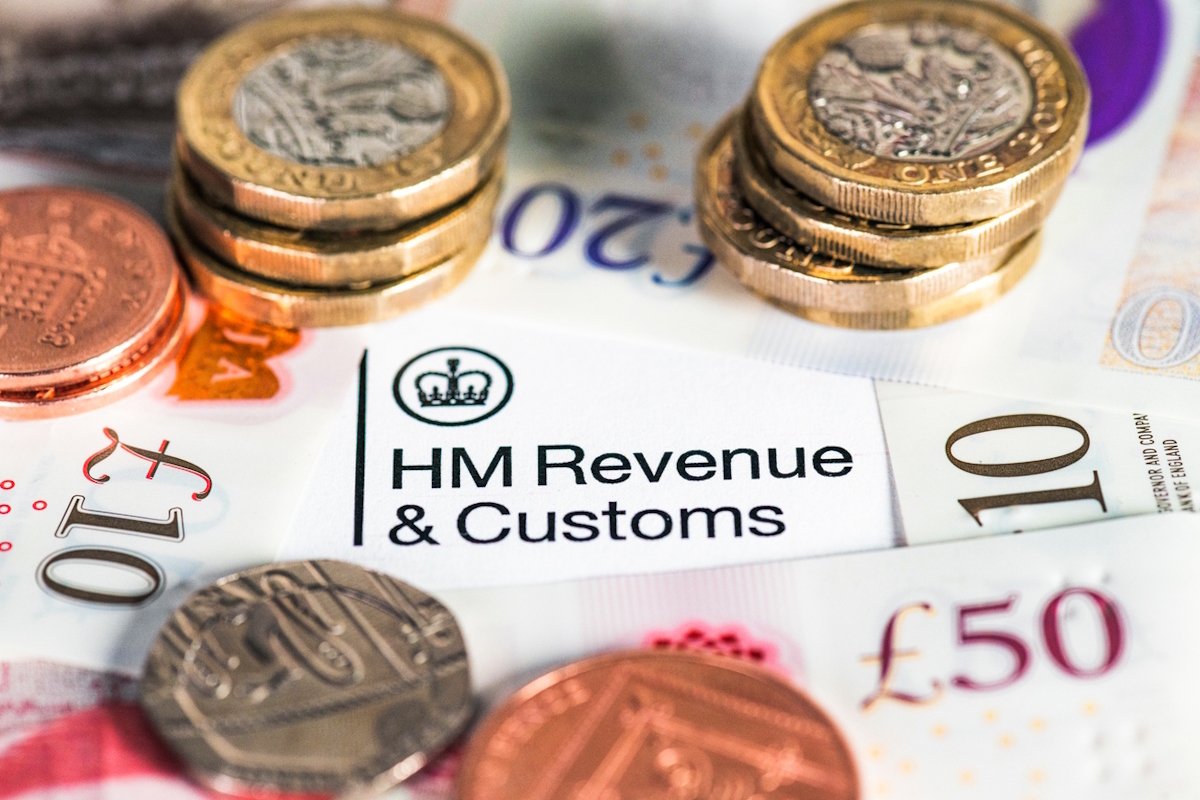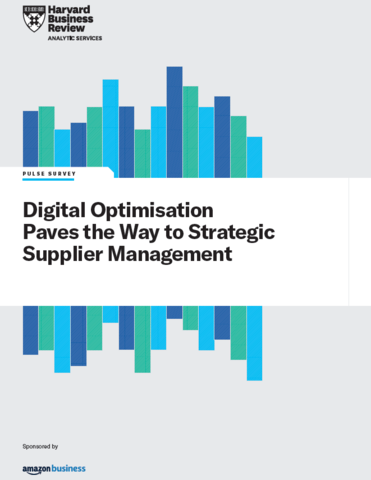The economy, taxes and doing the right thing

Richard Sampson at Tax Systems explains why companies should pay the right amount of tax
According to figures published by the House of Commons Library, in 2022/23, the UK government raised over £1 trillion in income from taxes and other sources, while a report produced last year by PwC revealed that the largest listed companies in the UK contributed just under £90 billion during the same period.
Clearly, this is a great deal of money and helps explain why most businesses are focused on minimising the tax payments they owe given our increasingly complex, and some would say, expensive, tax environment in the UK. For instance, the PwC study covers some 30 different types of UK business tax, with taxes borne by the companies in it equating to almost half of their commercial profits.
But in recent years, whether companies are seen to be paying the right amount of tax has become an increasingly contentious issue both domestically and internationally. According to the Fair Tax Foundation, “Across the globe, 35% of multinational profits (US$1tn) are artificially shifted to tax havens each year, leading to a 10% worldwide reduction in corporate income tax revenue (which equates to a US$170bn annual deficit).”
A 2022 CNBC report in the US also revealed that, “at least 55 of the largest corporations in America paid no federal corporate income taxes on their 2020 profits, according to the Institute on Taxation and Economic Policy.”
Rules, regulations and reputation
Those organisations falling on the wrong side of this debate are feeling the pressure. Recent YouGov research carried out on behalf of Tax Systems found that nearly half (47%) of the British public would be less likely to engage with a business known for minimising its corporation tax payments in this country.
On the other side of the debate, organisations correctly argue that this kind of tax strategy is, in many places, still fully within the rules. Some would also say that their ability to generate profits or to offset their huge levels of investment is crucial for delivering the kind of innovation and price competitiveness consumers want.
But wherever you stand on these issues, it isn’t just about the court of public opinion – the compliance stakes are also rising. The most significant recent changes come in the form of the EU’s Pillar 2 rules under the Base Erosion and Profit Shifting (BEPS) directive, which are designed to ensure multinational enterprises contribute their fair share of taxes, irrespective of where they operate.
In practical terms, Pillar 2’s objective is to establish a global minimum tax rate of 15% for companies with consolidated annual revenues exceeding €750 million. According to the OECD, this had become necessary because the digitalisation of the economy meant that the international tax system was “no longer fit for purpose”.
The impact of Pillar 2 is set to be monumental. Not only will organisations come under more scrutiny, but they will also be required to source, integrate and report on much more data than before from their geographically diverse business entities
These issues give organisations and their finance teams a lot to think about. As well as the work that must be put into Pillar 2 compliance, leaders might also be considering the idea that paying the right amount of tax is not just a legal duty; it can also be about morality.
While tax law doesn’t specifically take this into account, many would agree that the underlying role of taxation is to ensure the delivery of effective public services – where the money gets spent and how well is, of course, a different matter.
We are reaching an inflection point, and it will be fascinating to see how the subject develops in the years ahead.
Richard Sampson is Chief Revenue Officer at Tax Systems
Main image courtesy of iStockPhoto.com and georgeclerk

Business Reporter Team
Most Viewed
23-29 Hendon Lane, London, N3 1RT
23-29 Hendon Lane, London, N3 1RT
020 8349 4363
© 2024, Lyonsdown Limited. Business Reporter® is a registered trademark of Lyonsdown Ltd. VAT registration number: 830519543





